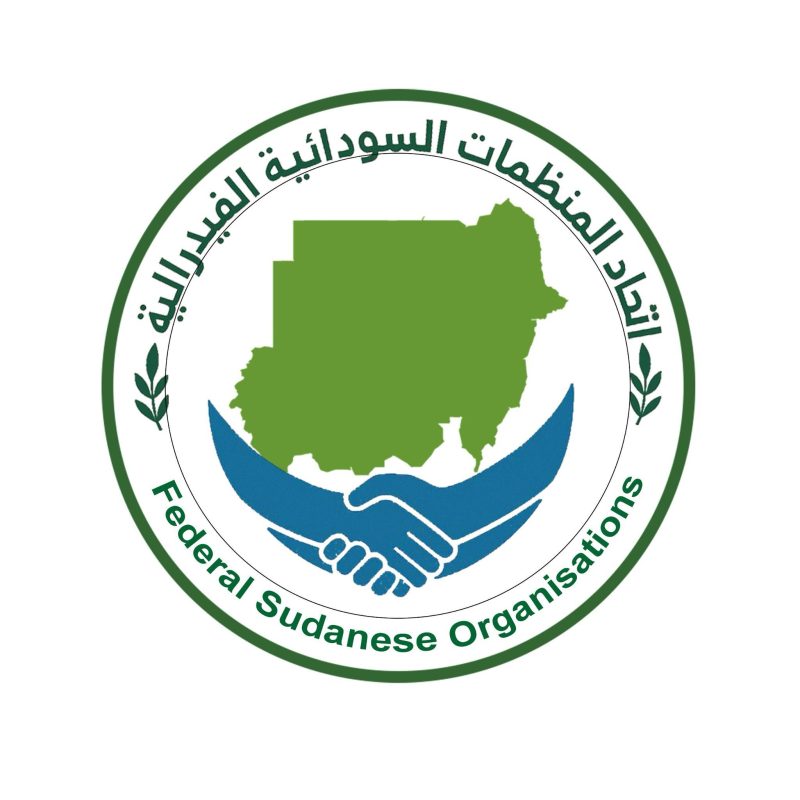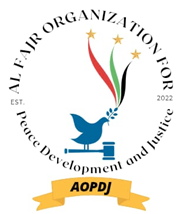Accuse the Sudanese Army of Using Chemical Weapons Against Civilians and Call for International Accountability
Human Rights Council / September 2025
In a grave precedent, Sudanese and international human rights organizations, during the 60th session of the United Nations Human Rights Council, documented that the Sudanese Armed Forces and their allies committed war crimes through the use of chemical weapons and internationally prohibited arms against civilians in several areas of Sudan. They affirmed that these practices represent a direct threat to international peace and security and a blatant violation of international humanitarian law. This came in a written statement submitted by the coalition in partnership with several international organizations holding consultative status with the United Nations.
Compelling Field Evidence and Reports
The written statement submitted to the Human Rights Council explained that there are documented reports from eyewitnesses, doctors, and humanitarian organizations revealing that the Sudanese army used toxic chemical substances and banned gases in Darfur, South Kordofan, and parts of Khartoum between 2023 and mid-2025. These reports confirmed that the symptoms observed among victims, such as suffocation, skin burns, temporary paralysis, and nervous system damage, are consistent with the effects of chemical weapons used in other conflicts, indicating a deliberate intent in their use.
The statement pointed out that these violations were not merely isolated incidents but part of a systematic military approach aimed at terrorizing civilians, dismantling local communities, and forcing the population into mass displacement.
Deliberate Targeting of Civilian Infrastructure
The statement noted that these weapons were used against populated areas, including schools, hospitals, and crowded markets, resulting in the killing and injury of hundreds and the displacement of thousands. The attacks also led to the spread of severe respiratory and skin diseases among survivors and the contamination of water sources, which worsened the humanitarian disaster and left long-term health and environmental impacts.
Breach of International Law and Conventions
The organizations affirmed in their statement that these practices constitute a clear violation of a number of international conventions, foremost among them the 1993 Chemical Weapons Convention, the Geneva Conventions and their Additional Protocols, in addition to the fundamental rules of international humanitarian law that prohibit targeting civilians or using indiscriminate or prohibited weapons.
The statement stressed that Sudan, being a party to several of these conventions, bears clear legal obligations preventing it from developing, stockpiling, or using such weapons under any circumstances.
Urgent Calls for International Action
The human rights organizations called on the Human Rights Council to take a clear and explicit stance condemning the use of such weapons and to ensure that these violations are included within the mandate of the International Fact-Finding Mission on Sudan. They also called for the establishment of a specialized mechanism to investigate and collect evidence regarding the use of chemical weapons in order to hold those responsible accountable.
The statement urged the Office of the High Commissioner for Human Rights to include these crimes in its official reports and called on the Security Council to act urgently by imposing targeted sanctions on the military leaders involved and referring the case to the International Criminal Court.
A Humanitarian and Environmental Catastrophe
In their statement presented to the United Nations Human Rights Council, the organizations pointed out that the continued use of chemical weapons is aggravating the scale of the humanitarian catastrophe in Sudan and threatening regional and international security. They explained that the long-term effects of these attacks, from environmental contamination to chronic diseases, will leave a devastating mark on the future of coming generations.
The statement concluded by stressing that international silence on these violations represents a form of complicity, and that protecting civilians and holding perpetrators accountable must be an absolute priority. The organizations added that the time has come to turn condemnations into concrete measures before the use of chemical weapons transforms Sudan into one of the greatest humanitarian tragedies of modern history.

